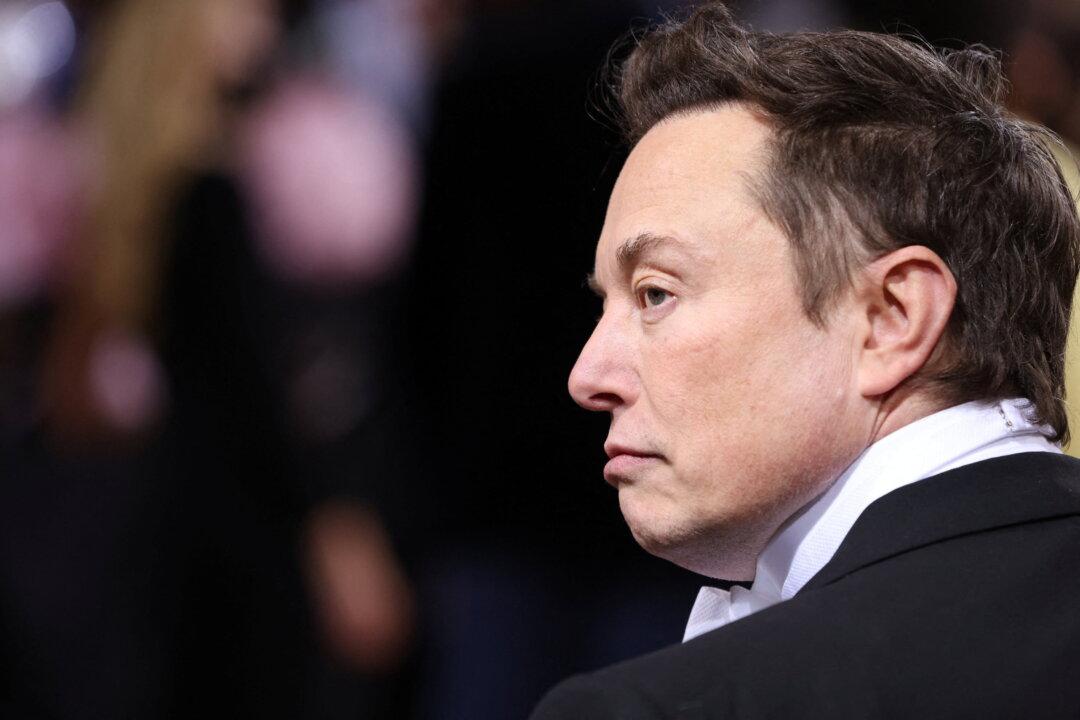Tech entrepreneur Elon Musk has dialed up his efforts to back out buying Twitter by filing a new termination notice underpinned by “Exhibit Q,” a document that references bombshell claims made by Twitter’s former security chief-turned-whistleblower and accuses Twitter of “far-reaching misconduct” that is likely to have “severe consequences” for its business.
Musk said in an Aug. 30 filing with the Securities and Exchange Commission (SEC) that his lawyers sent Twitter an Aug. 29 termination letter that gives new justification to Musk for pulling out of the $44 billion buyout agreement.





